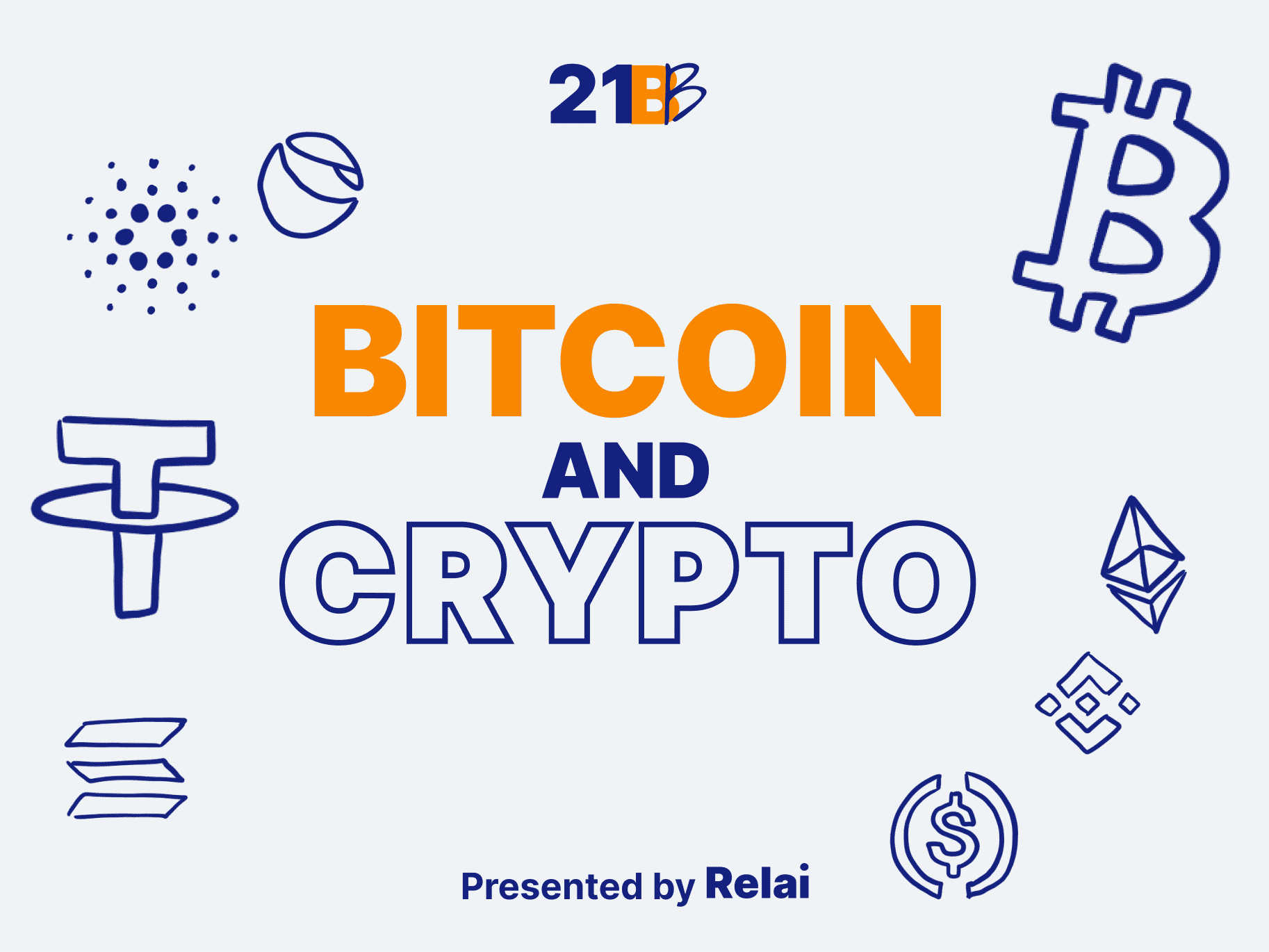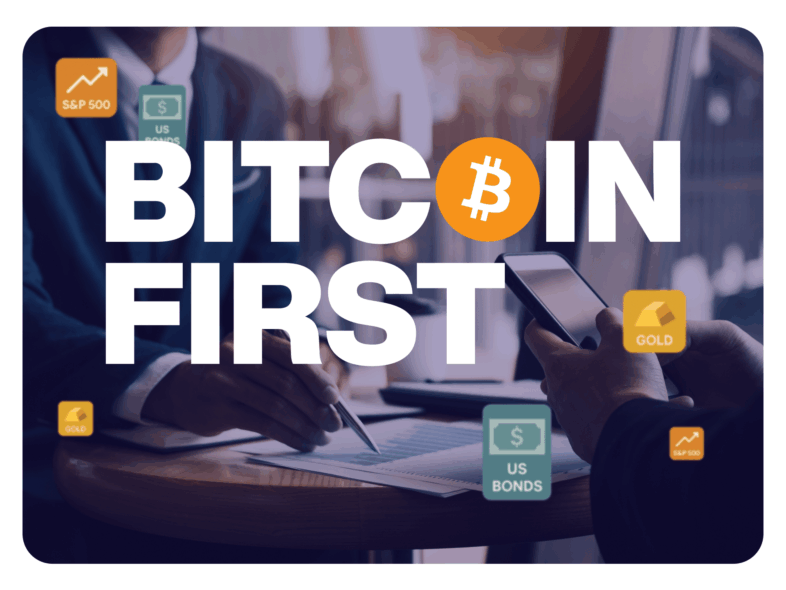Bitcoin was the first modern cryptocurrency. It launched in 2009 and a tiny group of earlier adopters focussed solely on how to make Bitcoin a success, how it should scale to more users, and what obstacles it needs to overcome. Soon, other projects launched – some of them to make a ‘better’ Bitcoin, some just to put money in their founders’ pockets.
What started as a handful of (more or less) promising alternatives to Bitcoin exploded into a chaotic and often fraudulent sea of coins and tokens. According to coinmarketcap.com, more than 20.000 (!) different cryptocurrencies were listed in July 2022.
Read on to learn about altcoins, why crypto is not the same as Bitcoin, and why you should be careful when investing in them.
WHAT ARE CRYPTO ALTCOINS?
The origins of altcoins can be traced back to the early days of Bitcoin. An altcoin is any other cryptocurrency or digital asset that is not bitcoin. The term altcoin consists of ‘alt’ for alternative and ‘coin’ for a unit of a cryptocurrency used in Bitcoin.
Most altcoins are directly related to Bitcoin, using a similar database model called ‘blockchain’ or even parts of Bitcoin’s open source code. Satoshi Nakamoto, the infamous Bitcoin inventor, showed how digital coinage works. But in doing so, he opened Pandora’s box.
A SHORT HISTORY OF CRYPTO AND ALTCOINS
Initially, everyone’s attention focused solely on Bitcoin. In September 2010, “Namecoin” was discussed for the first time in the BitcoinTalk forum. Satoshi himself supported the idea, which was initially called BitDNS. The goal was to enable an internet domain with the ending .bit based on the Bitcoin blockchain, which would exist as a censorship-resistant alternative outside the common DNS standard.
Because of a similar code, Bitcoin miners could mine Namecoin simultaneously with Bitcoin. In 2013, there was debate about whether the Bitcoin network would be suitable for securing other information, such as notarizations. Ethereum was born out of this debate. Its founder, Vitalik Buterin, was an early writer for the Bitcoin Magazine. With its focus on ‘Smart Contracts’ and the ability to run decentralized applications on top of the Ethereum network, it was considered an evolutionary step after Bitcoin.
WHY ARE CRYPTO AND ALTCOINS POPULAR?
The narrative of being the ‘next Bitcoin’ is important for many altcoins. But it turns out that none of them can replicate Bitcoin’s origins story, nor are they able to balance the level of decentralization and censorship resistance Bitcoin offers.
By mid-2022, over 20,000 different cryptocurrencies were listed on the website coinmarketcap.com. And new ones are popping up daily. A lot of those altcoins are dead, defunct projects. Abandoned by their founders. Others were designed for nothing else than to defraud investors, and others appeared with big promises to make investors (and their founders) rich.
While things are happening beyond Bitcoin that are interesting and worth checking out, it’s hard to tell who will survive in the long run. Especially Ethereum is facing competition from very similar projects.
WHY DO PEOPLE INVEST IN CRYPTO ALTCOINS?
Many newer investors are drawn towards altcoins, as they promise to be better, faster, or different than Bitcoin. A key motivator is a prospect of replicating Bitcoin’s success story in terms of fiat currency price returns. Many investors speculate on being early adopters who discover a crypto project long before the masses. They therefore can reap the rewards when ‘their project’ blows up, e.g., on social media or Reddit.
BITCOIN VS. CRYPTO: WHAT’S THE DIFFERENCE?
Bitcoin and crypto as well as altcoins are not the same.
Bitcoin is an open, borderless digital currency that anyone can use to send, receive, and store funds in a new type of digital money with a limited supply and operates under a hard-coded disinflationary monetary policy. Bitcoin is widely considered a commodity and is, therefore, more like a gold-like investment and store of value. It has shown resilience during times of global economic turmoil and high inflation.
Most altcoins and crypto projects are very different. They usually have a founding team still in control of changing their core aspects; the tokens were created by raising money from investors, and they usually promised certain results or even monetary returns.
SHOULD YOU INVEST IN ALTCOINS?
When you speculate on altcoins and crypto projects, you should be aware that they have many additional risks. You have a certain inty.counterparty risk because of how they were founded; of course, there is still regulatory uncertainty.
Investing in bitcoin is not without risk, but many of the unknowns and uncertainties usually associated with altcoins are not present with bitcoin.
Takeaways:
- An altcoin is any other cryptocurrency or digital asset that is not bitcoin. The term altcoin consists of ‘alt’ for alternative and ‘coin’ for a unit of a cryptocurrency used in Bitcoin.
- The narrative of being the ‘next Bitcoin’ is important for many altcoins. But it turns out that none of them can replicate Bitcoin’s origins story, nor are they able to balance the level of decentralization and censorship resistance Bitcoin offers.
- Most altcoins and crypto projects are very different from Bitcoin. They usually have a founding team still in control of changing their core aspects; the tokens were created by raising money from investors, and they usually promised certain results or even monetary returns.
Disclaimer: Relai services are exclusively recommended for Swiss and Italian residents. None of this content constitutes investment advice. Always conduct your own research before investing in any digital asset.





